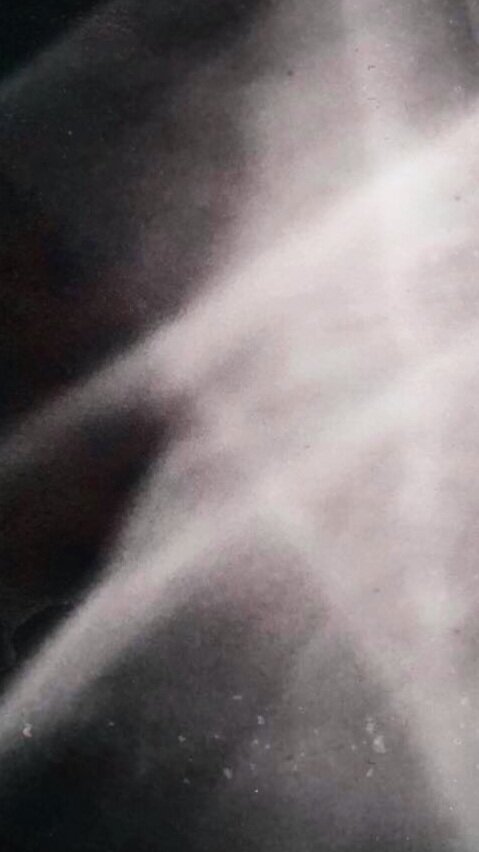María Huld SigfÚsdottir - Kom vinur
On January 22, 2021, Sono Luminus releases Kom vinur [SLE-70019], a world-premiere recording of two choral works by Grammy® nominated Icelandic composer María Huld Markan Sigfúsdóttir on texts by nonagenarian feminist poet Vilborg Dagbjartsdóttir.
Recorded in Reykjavik’s Hallgrímskirkja in September 2020, the disc features the church’s renowned chamber choir, Schola Cantorum, led by conductor Hörður Áskelsson, and was produced by Kjartan Sveinsson, composer and former keyboardist of the band Sigur Rós. Kom vinur is available for pre-order here.
Though it dates from 2017, in the context of a worldwide pandemic the title track of Kom vinur (Come friend) might easily be construed as a reflection on the distressed state of the world, with a text that alternates between defiance and acceptance of a pervasive darkness. The haunting and ethereal work was originally composed for Iceland’s Skálholt Summer Concerts, while Sigfúsdóttir was composer in residence.
The text, like that of its companion piece Maríuljóð, composed a year later, is by Icelandic poet Vilborg Dagbjartsdóttir, known as a modernist and champion of feminist causes whose themes often explore the status of women and social inequality. Maríuljóð, with a gently undulating rhythm and economy of musical materials, provides some respite from the darkness: speaking from the point of view of a child asking its mother about the Virgin Mary, it uses wordplay to engage with ancient traces of Mary in Icelandic language and culture.
Sigfúsdóttir calls the poems “the absolute core of the pieces; when composing them, I felt like excavating existing music from the text, unravelling hidden sounds from the words.”
Schola Cantorum
The chamber choir Schola Cantorum was founded in 1996 by the conductor Hörður Áskelsson, the cantor at Hallgrímskirkja (Hallgrim’s Church) in Reykjavík. Schola Cantorum has from the very start played an important role in the Icelandic music scene with a repertoire that consists mainly of renaissance, baroque and contemporary music including numerous premier performances of works by Icelandic contemporary composers. The choir has also performed many of the great masterpieces of choral repertoire, e.g. Handel's Messiah and Bach’s Christmas Oratorio.
Kom Vinur
Kom vinur
Komdu
með sorg þína og einsemd
með kvöl þína og angist
Það kvöldar
Við skulum kveikja ljós
Drekkum kryddað vín
og etum sætar kökur
Utan úr myrkrinu
teygir gamla tréð
hnúabera hönd
og guðar á gluggann
Í barmi sínum skýlir það
litlum skjálfandi dúnhnoðra
sem ætlar að fagna vorinu
með dillandi söng
Öllu er markaður tími
Hví skyldum við
ein af lifandi verum
vilja stytta okkur leiðina?
Komdu
Þó ekki sé annað
þá getum við hlustað
á gnauðið í vindinum
Come friend
Come
with your sorrow and solitude
with your torment and anguish
Night falls
Let us light candles
Drink cardamom wine
and eat sweet cakes
Out from the darkness
the old tree stretches
a bare-knuckled hand
to greet through the glass
In its bosom it shelters
a small shivering tuft of down
that will celebrate the spring
with fluttering song
All things are bound by time
Why should we
alone among living beings
wish to shorten our journey?
Come
If nothing else
we can listen
to the moaning of the wind
Maríuljóð
Maríuljóð
Nú breiðir María ullina sína hvítu
á himininn stóra.
María sem á svo mjúkan vönd
að hirta með englabörnin smáu.
Það hrundu fáein blóm
úr vendinum hennar í vor;
þau vaxa síðan við hliðið
ljómandi falleg og blá.
Fuglinn sem á hreiður við lækinn
í hlíðinni sunnan við bæinn
er kallaður eftir henni.
Það er Maríuerla.
Þegar ég verð stór
og ræ á sjó með pabba,
gef ég henni Maríu
fyrsta fiskinn minn.
Í kirkjunni er mynd af Maríu
með gull utanum hárið.
Mamma segir að það sé vegna þess
Að María á dreng svo undur góðan.
Mary’s Poem
Now Mary’s spreading her white wool
across the great sky.
Mary who has such a soft bough
to chastise the little angels.
A handful of flowers fell
from her bouquet last spring;
now they grow by the gate
radiantly beautiful and blue.
The bird that nests by the stream
on the slope south of the farm
is named after her.
It’s Mary’s wagtail.
When I grow up
and row out to sea with daddy,
I’ll give Mary
my first fish.
In church there’s a picture of Mary
with gold all around her hair.
Mommy says it’s because
Mary has such a wonderful boy.




